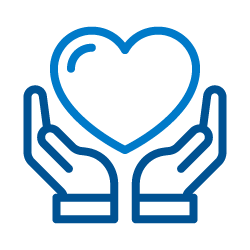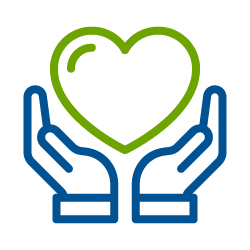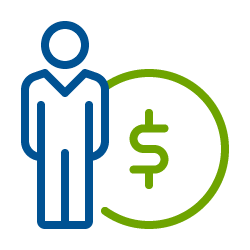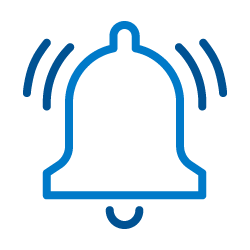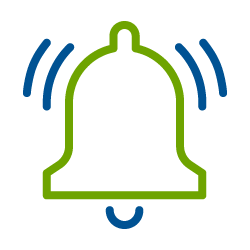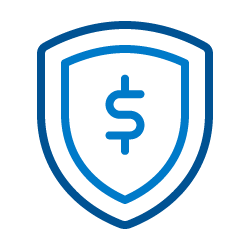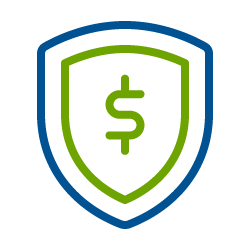Preventing Identity Theft
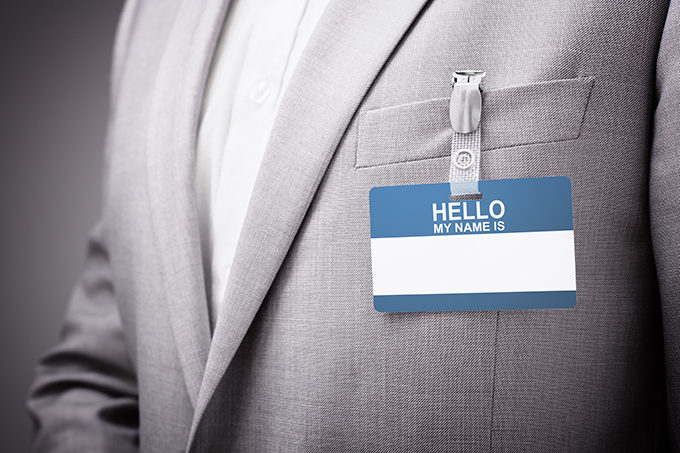
Preventing identity theft involves preventing others from getting access to your personally identifiable information.
Things to know!
- Keep your personally identifiable information safe.
- Be careful about putting your personal information online.
- Take precautions when shopping online.
Papers and documents
Shred any documents that have identifying information on them—credit card statements, utility bills, medical bills, credit applications, junk mail, insurance forms, bank statements, etc. Consider depositing your outgoing mail in a post office collection box or directly at the Post Office, and collect your incoming mail as soon as it arrives.
Computer and phone
- For your computer, use a secured browser (with the padlock icon in the lower right) with your privacy settings on high.
- Read privacy policies closely. Some websites will sell or use information about you.
- Don’t post seemingly harmless information such as your birth date, email address, etc. online. Thieves can use these.
- Verify any emails that ask you to reset a password. They may be ID theft tricks.
- Put a firewall and current antivirus protection with anti-spyware on your computer.
- Keep track of all your usernames and passwords. Change them periodically.
- If you do file sharing, do it on a computer that does not have any of your personal information.
- Don’t use automatic logins that store your user information.
- Be suspicious of unsolicited emails. Compare any links in the emails to the links you are being directed to. Better yet, call up the business to confirm it.
Your credit and credit cards
- Don’t carry more cards than you need. Don’t carry your Social Security card with you. Put passwords on your cards and other accounts if you can.
- Get your credit report every year from each of the three credit bureaus via www.annualcreditreport.com. Space them throughout the year.
Emergency situations
ID thieves can loot your home after you evacuate it during an emergency or natural disaster. Keep photocopies of your important papers, including financial accounts, and store them in a locked box in case you have to leave home at a moment’s notice.
Shopping online
- Some thieves have created online shopping sites that look exactly like real ones. Make sure that the web address is the real one and that it matches the company.
- The addresses on ordering pages should begin with https. The s means “secure.”
- Make sure the little padlock icon is at the bottom of your screen. The lock should be in closed position.
- If you are shopping on an unfamiliar site, research the company to ensure it is legitimate.
- Shop in stores that are located in the United States.
- Don’t provide your Social Security number to online vendors.
- Don’t provide any information beyond what’s required.
The IRS
The IRS does not contact people by email. If you receive an email claiming to be from the IRS and claiming that you owe money or are getting a refund, forward it to phishing@irs.gov.

